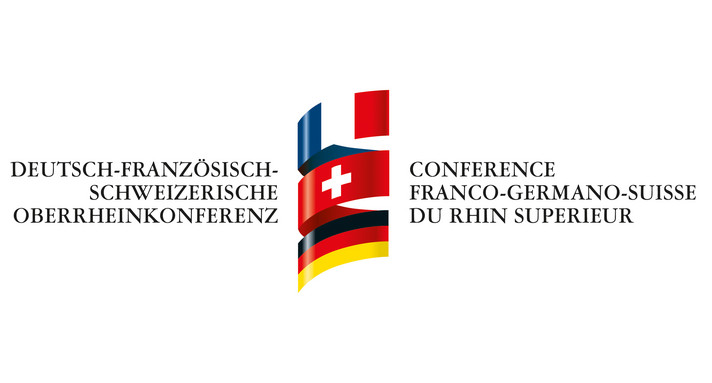The transnational cooperation with our neighboring regions in Switzerland, Austria, and France is a central part of our work. Many environmental problems which affect border regions can only be solved together. Significant challenges such as the energy transition, climate protection or the safety of industrial plants or nuclear power stations require a general and holistic approach. In addition, cooperation between the involved regions also offers the opportunity to expand and make better use of transnational synergies.
The Upper Rhine Conference and Working Group “Environment”
The Upper Rhine metropolitan region has been a model case for a successful, intensive transnational cooperation for a long time. The Upper Rhine Conference brings together government and administrative authorities at regional and local level. It forms the institutional framework of mutual information and close cooperation with our neighboring regions in Switzerland and France.
On the issues covered by the Upper Rhine Conference, various working groups were set up, consisting of experts from all three regional authorities. The Ministry of Environment, Climate Change and the Energy Sector in Baden-Württemberg is also participating in the working group “Environment” of the Upper Rhine Conference.
The working group meets several times a year. Most recently, the guidelines on cross-border participation were revised and updated there.
The guidelines on cross-border participation
Many projects, plans, and programs may have a transboundary impact on the environment. Therefore, it is necessary to inform authorities and the public of neighboring regions about such projects. The different national legal systems and procedures, as well as intercultural characteristics, must be taken into account.
Hence, the guidelines on cross-border participation in environmental projects, plans and programs were developed already in 1982. In 2016, they were updated and entered into force in 2017. The purpose of these guidelines is to develop instructions for the administration on basis of applicable laws, directives, and conventions, with full respect to the respective national procedural rules.

